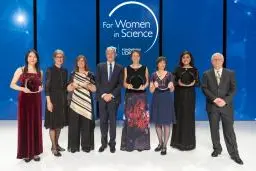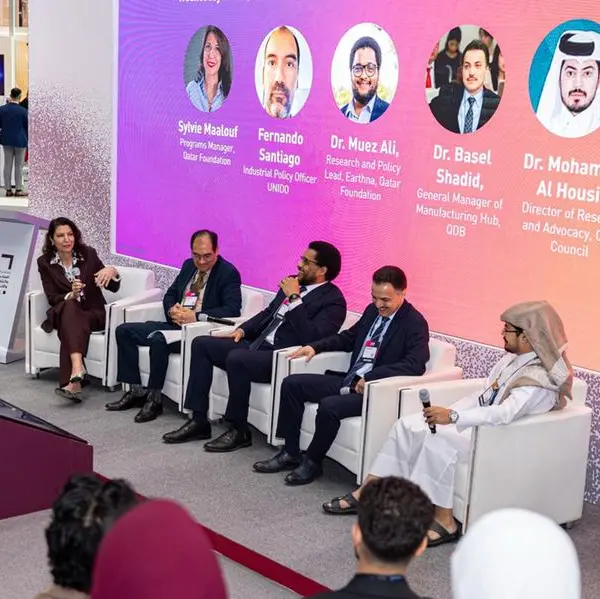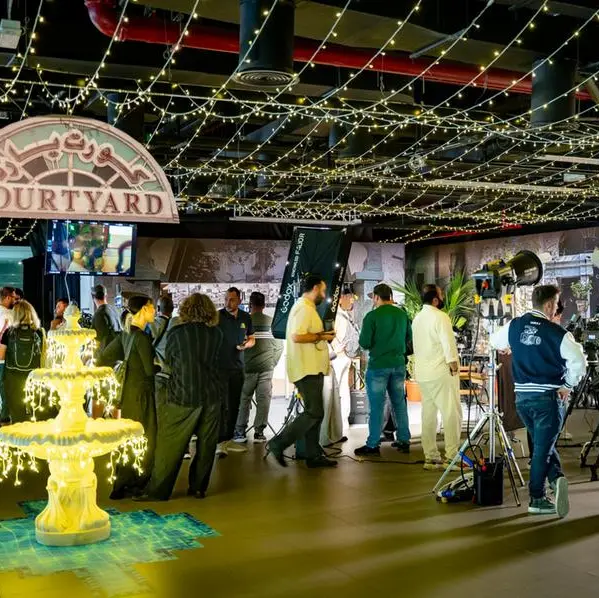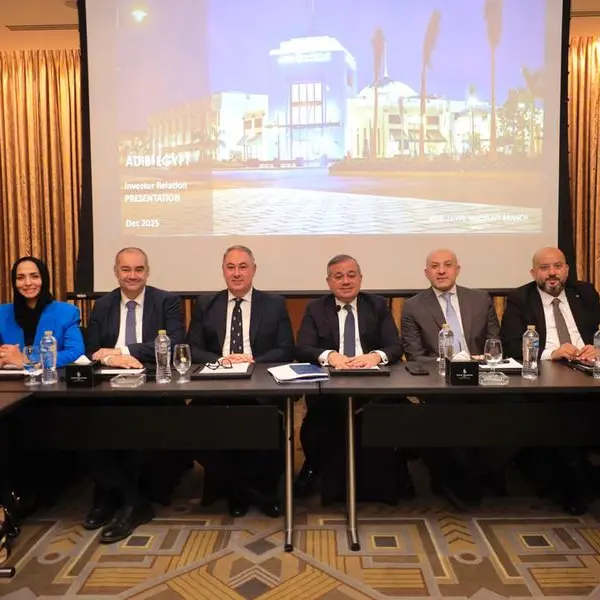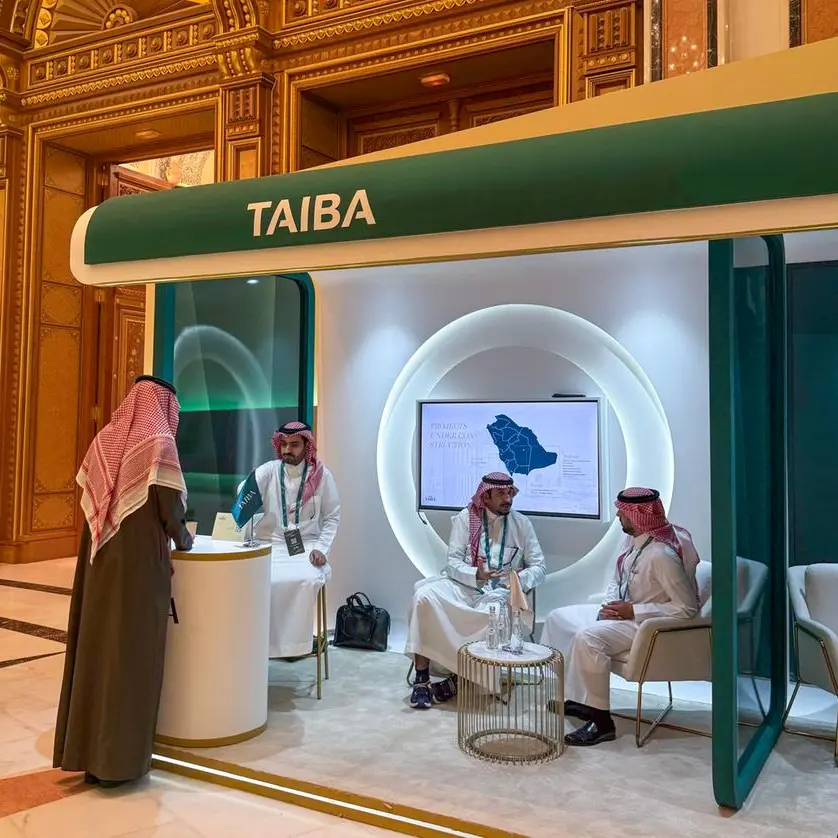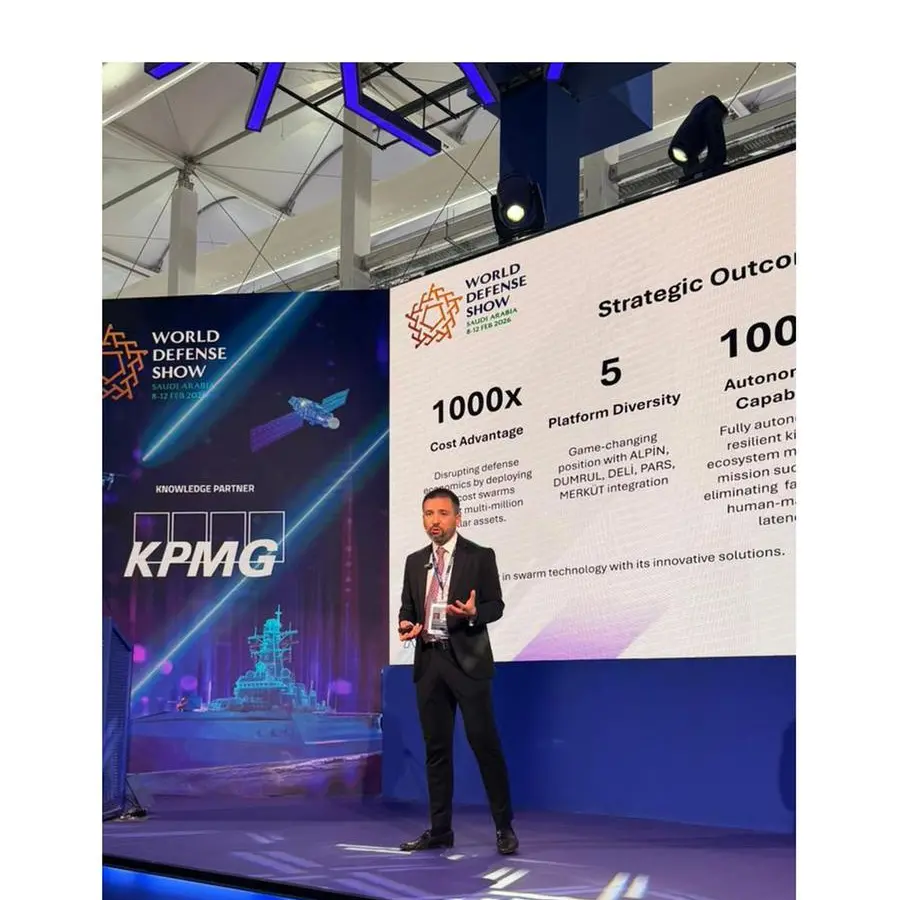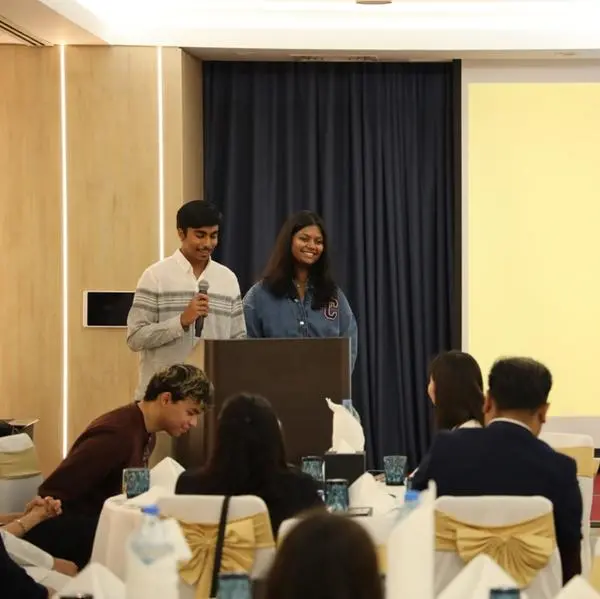PHOTO
Featuring professor Niveen Khashab from the kingdom of Saudi Arabia and Dr. Nazek al Atab from the United Arab Emirates among the winners
Dubai, March 26th 2017
For the 19th edition of the L’Oréal-UNESCO For Women in Science Awards Ceremony that was held in Paris this week, the international scientific community gathered to honour and celebrate 5 exceptional women scientists and 15 prominent young researchers for their contribution to the world of science. The event was opened by Irina Bokova, Director General of UNESCO and Jean-Paul Agon, Chairman and CEO of L’Oréal and Chairman of the L’Oréal Foundation.
THE 2017 LAUREATES: WOMEN AT THE CUTTING-EDGE
The 2017 Edition of the L’Oréal-UNESCO For Women in Science Awards Ceremony celebrated 5 eminent women scientists and their excellence, creativity, and intelligence. Each woman received an Award of 100,000 € to commend their scientific contributions in the fields of quantum physics, physical sciences and astrophysics.
Professor Niveen Khashab was chosen as one of the five Laureates. The Lebanese national, an Associate Professor of Chemical Sciences and Engineering at the King Abdullah University of Science and Technology (KAUST), was recognised for designing novel nanoparticles that could improve early detection of disease. Her work in analytical chemistry could lead to more targeted and personalized medical treatment.
THE 2017 INTERNATIONAL RISING TALENTS
The 2017 Edition of the L’Oréal-UNESCO For Women in Science Awards, also celebrated the ground-breaking work of 15 promising researchers who are in the early stages of their scientific careers.
UAE resident Nazek El-Atab was one of the 15 recipients of the International Rising Talents Award for her research on Nano-memory Devices. The Lebanese national is a PhD student at the Masdar Institute in Abu Dhabi. Her work focuses on fabricating novel non-volatile, low-power, charge-trapping memory devices with enhanced performance.
Jean-Paul Agon highlighted the power of these women scientists, as well as all the women scientists who have been celebrated this year, in his opening speech: “Only a shared, controlled science, at the service of the world’s population, is able to meet the major challenges of the twenty-first century, and our researchers are the proof. They are the ones that give science all its greatness”.
THE 2017 L’ORÉAL-UNESCO FOR WOMEN IN SCIENCE AWARDS:
Since 1998, the L’Oréal Corporate Foundation and UNESCO have been committed to increase the number of women working in scientific research. 150 years after Marie Curie’s birth, only 28%* of researchers are women and only 3% of Scientific Nobel Prizes are awarded to them. That is why, for the past 19 years, the L’Oréal-UNESCO For Women in Science programme has worked to honour and accompany women researchers at key moments in their careers. Since the programme began, it has supported more than 2,700 young women from 115 countries and celebrated 97 Laureates, at the peak of their careers, including professors Elizabeth H. Blackburn and Ada Yonath, who went on to win a Nobel Prize.
-Ends-
FOR MORE INFORMATION:
Discover more about the 5 Laureates and the 15 International Rising Talents:
http://fondationloreal.com/categories/dossiers-de-presse/lang/en
CONTACTS
L’Oréal Middle East
Shatha Al Khatib | Shatha.ALKHATIB@loreal.com | +971 52 607 7100
Quill Communications for L’Oréal Middle East
Vinisha Khatwani | vkhatwani@quillmena.com | +971 55 463 6544
About the L’Oréal Corporate Foundation
Accompany. Value. Communicate. Support. Move boundaries. The convictions, the core values which drive the L’Oréal Corporate Foundation’s commitment to women every day. A commitment divided into two main areas - science and beauty.
Through its’ For Women in Science programme, the L’Oréal Corporate Foundation motivates girls in High School to pursue scientific careers, supports women researchers and rewards excellence in a field where women remain underrepresented.
Through its beauty programmes, the L’Oréal Corporate Foundation assists women affected by illness, who are economically disadvantaged or isolated, to recover their sense of self-esteem and femininity in order to feel better and to fare better. Its’ actions also include providing training programmes for beauty industry professions.
*UNESCO Science Report Toward 2030, 2015
About UNESCO
Since its creation in 1945, the United Nations Educational Scientific and Cultural Organization supports international scientific cooperation as a catalyst for sustainable development and for peace between people. UNESCO assists countries in the development of their public policies and in building their capabilities in the fields of science, technology, innovation and scientific education. In addition, UNESCO leads several intergovernmental programmes for the sustainable management of freshwater, ocean and terrestrial resources, for biodiversity protection and to promote science’s role in combating climate change and natural disasters. To meet these goals, UNESCO is committed to ending discrimination of all kinds and to promoting equality between women and men.
© Press Release 2017
